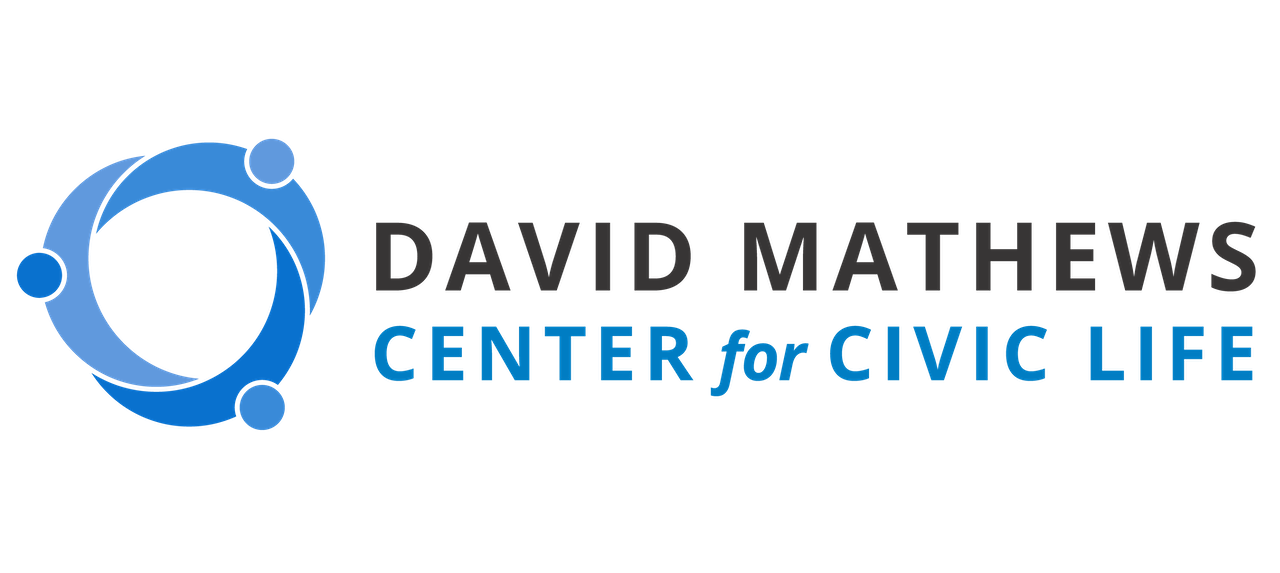Ways to Count in Your Community
Alabama citizens have until October 31 to complete the 2020 Census and have their voices heard! By submitting your data to the Census Bureau, you help allocate funding and resources that benefit your community. Alabama-specific information can be found at https://census.alabama.gov/. Get counted today!
For even more ways to be an active citizen, check out our Ways to Count list of civic engagement practices below:
1. Vote
In a presidential election year, it is important to remember the significance of participating in local elections, as well. Make an impact by voting in city, county, and state elections. Stay informed on representatives, electoral races, and information about how to register to vote through the free nonpartisan resource Ballotpedia. Tufts University’s CIRCLE Youth Voting and Civic Engagement in America data has been updated for 2020, which provides meaningful context to the landscape of engagement in your community. Vote responsibly by staying informed and prepared for your local elections by understanding what upcoming issues and/or ballot measures will impact your community.
2. Volunteer
Gets hands-on in your community by volunteering with local organizations. Connect with fellow community members while lending a helping hand to those in need, or even start your own organization if you see an unmet need in your area. Many national volunteer organizations such as Meals on Wheels and Habitat for Humanity have local chapters available all across the nation. Soup kitchens, animal shelters, and nursing homes are also great places to start volunteering for you and your family. Donate your time today and help make a difference in your community!
3. Attend Public Meetings
Public meetings offer community members a dedicated time and place to speak out on local issues and work together to address them. Many public meetings have transitioned to a digital space in light of COVID-19 safety restrictions, which makes it easier than ever to attend and contribute your ideas and insight on the topics most pertinent to your community. A list of all Alabama public meetings can be found here.
4. Participate in Forums
Take your community participation a step further by participating in a local forum held within your community that focuses on an issue meaningful to you; you can also serve as a convenor for your community and start a forum on an issue that impacts your community. A full list of all DMC Alabama-focused issue guides can be found here. (Our team is always happy to coach you as you organize a forum online or in-person!) Furthermore, the National Issue Forums’ We the People initiative offers a variety of resources that encourage sustained public deliberation in communities across the country.
5. Educator Resources
Teachers can encourage their students to be active citizens through a variety of helpful and informative resources. PBS offers a lesson plan on historical immigration trends titled The Demographics of Immigration that can help students explore census data and understand its significance. The Census Bureau also has various lesson plans and worksheets for all grades available on their history activities website. Homeschooling parents can make use of Stanford’s Civic Online Reasoning (COR) curriculum, a free online curriculum that helps young people learn to engage more critically with the information they find online.


